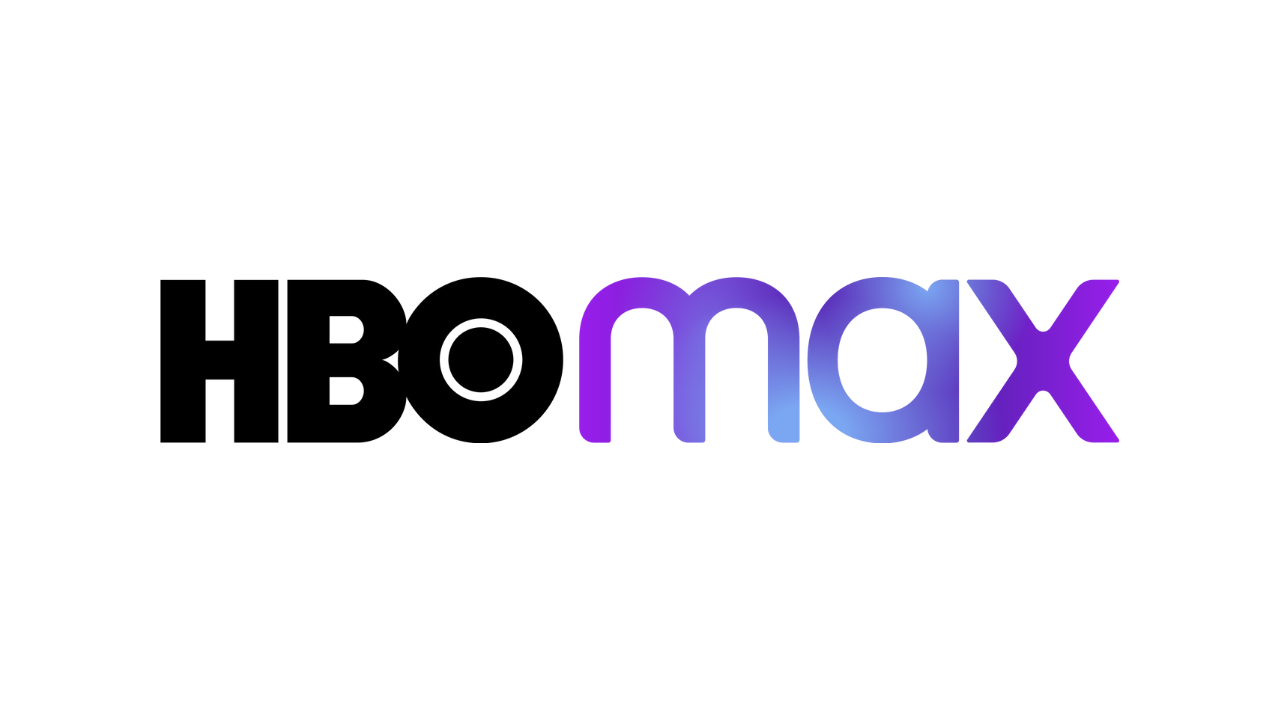In the ongoing battle against the rampant practice of password sharing, HBO is the latest streaming platform to announce a crackdown. Following in the footsteps of industry giants Netflix and Disney, Warner Bros. Discovery plans to introduce new anti-password sharing features on its streaming service Max, rolling out the changes across 2025.
Warner Bros.Discovery’s decision to clamp down on password sharing is a bold move as it seeks to turn its streaming business profitable. According to a Bloomberg report, the initiative will begin later this year, with a full-fledged implementation planned for 2025. This strategy aligns with Max’s global expansion plans, including entering new markets in France, Latin America, and Australia within 18 months.
“We are confident of our growth opportunities ahead and maintain our strong conviction that Max will emerge as one of the top streaming services in the world,” said JB Perette, Max’s streaming chief, in a statement.
By cracking down on password sharing, Max is taking a page straight out of the playbooks of Netflix and Disney+. Last year, Netflix implemented measures to prevent users from sharing passwords with individuals outside their households, requiring devices logged into an account to connect to the account’s home Wi-Fi network at least once every 31 days.
Disney+ and Hulu followed suit earlier this year, implementing similar restrictions to curb the practice of password sharing, which has long been a thorn in the side of streaming services as it erodes potential revenue streams.
The move by HBO comes amid growing concerns over the rising rate of customer churn in the streaming industry. According to a report by Antenna, a research firm, the number of people cancelling video-streaming services has almost tripled in the last four years, with one in four streaming customers being classified as “serial churners” – those who have cancelled a service at least three times in the past two years.
“Services are working harder for smaller gains,” the report bluntly states, highlighting the challenge streaming platforms face in retaining subscribers and generating sustainable revenue.
Beyond the financial implications, Max’s decision to crack down on password sharing also reflects the streaming service’s broader identity crisis. As Bloomberg notes, Max doesn’t stand for anything distinct, merging HBO Max and Discovery+ into a general entertainment platform competing with Netflix.
“Max’s biggest quandary is existential. Max doesn’t stand for anything. If it’s not HBO, then what is that? The company is running out of time to answer that question,” the report states.
By addressing the issue of password sharing, Max aims to boost its revenue and solidify its position in the increasingly crowded and competitive streaming landscape.
Warner Bros.Discovery’s decision to clamp down on password sharing is a bold move as it seeks to turn its streaming business profitable. According to a Bloomberg report, the initiative will begin later this year, with a full-fledged implementation planned for 2025. This strategy aligns with Max’s global expansion plans, including entering new markets in France, Latin America, and Australia within 18 months.
“We are confident of our growth opportunities ahead and maintain our strong conviction that Max will emerge as one of the top streaming services in the world,” said JB Perette, Max’s streaming chief, in a statement.
By cracking down on password sharing, Max is taking a page straight out of the playbooks of Netflix and Disney+. Last year, Netflix implemented measures to prevent users from sharing passwords with individuals outside their households, requiring devices logged into an account to connect to the account’s home Wi-Fi network at least once every 31 days.
Disney+ and Hulu followed suit earlier this year, implementing similar restrictions to curb the practice of password sharing, which has long been a thorn in the side of streaming services as it erodes potential revenue streams.
The move by HBO comes amid growing concerns over the rising rate of customer churn in the streaming industry. According to a report by Antenna, a research firm, the number of people cancelling video-streaming services has almost tripled in the last four years, with one in four streaming customers being classified as “serial churners” – those who have cancelled a service at least three times in the past two years.
“Services are working harder for smaller gains,” the report bluntly states, highlighting the challenge streaming platforms face in retaining subscribers and generating sustainable revenue.
Beyond the financial implications, Max’s decision to crack down on password sharing also reflects the streaming service’s broader identity crisis. As Bloomberg notes, Max doesn’t stand for anything distinct, merging HBO Max and Discovery+ into a general entertainment platform competing with Netflix.
“Max’s biggest quandary is existential. Max doesn’t stand for anything. If it’s not HBO, then what is that? The company is running out of time to answer that question,” the report states.
By addressing the issue of password sharing, Max aims to boost its revenue and solidify its position in the increasingly crowded and competitive streaming landscape.
